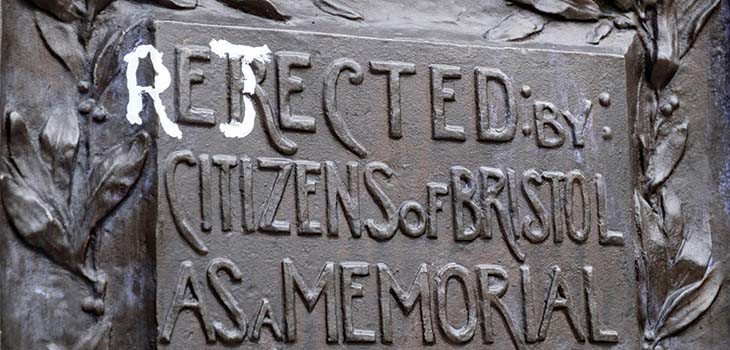
- The European Convention on Human Rights does not provide protection to those who cause criminal damage during protests which are violent or not peaceful, nor when the damage is inflicted violently or not peacefully.
- Prosecution and conviction for causing significant damage to property, even if inflicted in a way which is ‘peaceful’, could not be disproportionate in Convention terms.
When I were a lad, boiling water burned you, ice was freezing cold, and criminal damage was clearly a crime. This was simply intuitive: in other words, readily, naturally and universally perceived. For as the influential 16th century theologian Richard Hooker wrote: ‘The mind of man desireth evermore to know the truth according to the most infallible certainty which the nature of things can yield. The greatest assurance generally with all men is that which we have by plain aspect and intuitive beholding.’ But, as Gilbert and Sullivan’s Little Buttercup taught us: ‘Things are seldom









